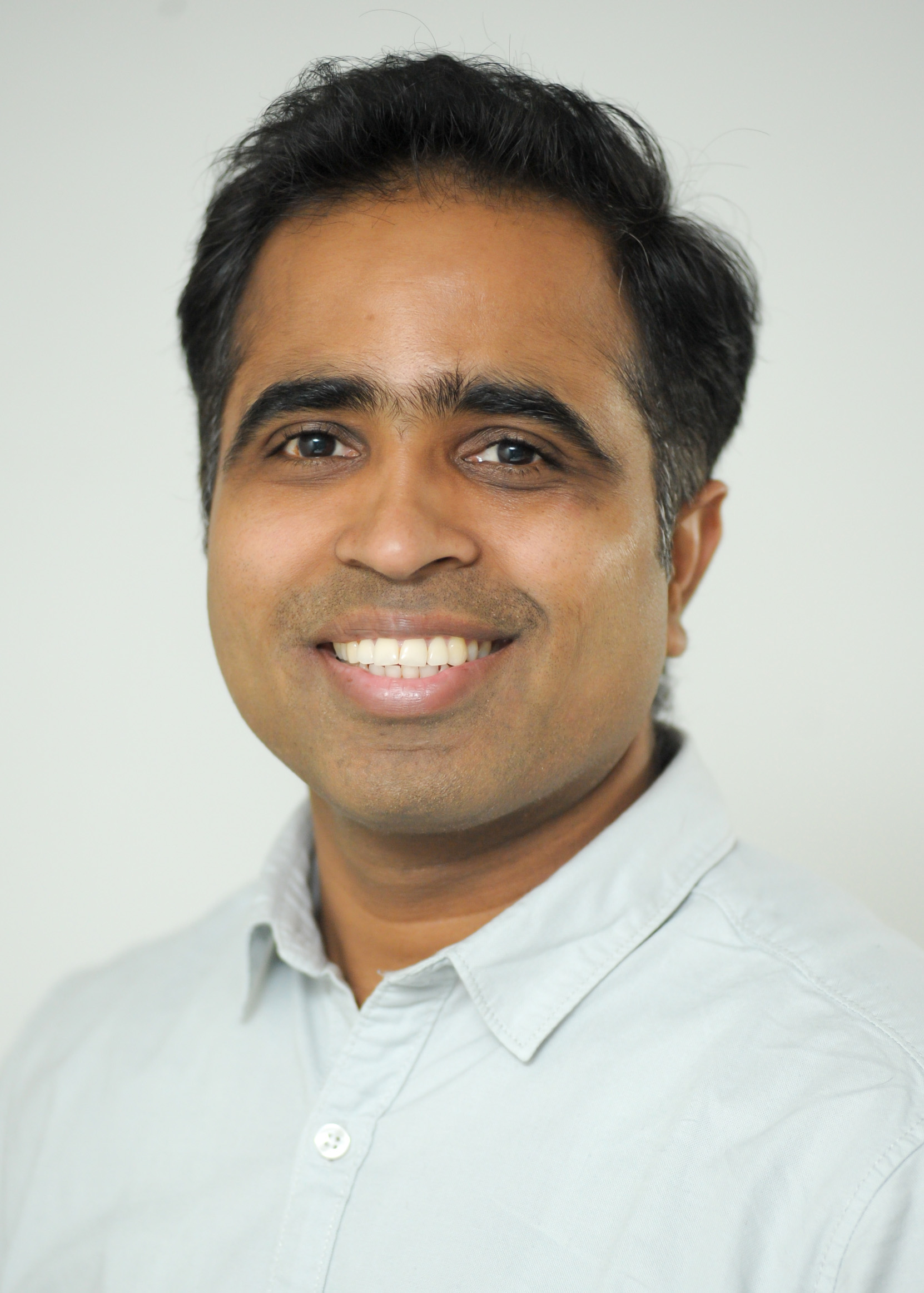Dr Amol Bhandare
Supervisor Details
Research Interests
My research focuses on communication between neurons and non-neuronal brain cells called glia in healthy brain and how it is altered in different neurological disorders. We are specifically interested in the role of microglia and astrocytes in epilepsy and how these cells either help to protect neurons in epilepsy or deteriorate neuronal function that might lead to drug-resistant seizures and other comorbidities in epilepsy such as memory dysfunction and sudden unexpected death in epilepsy (SUDEP). We use range of laboratory techniques such as in vivo neuroglial imaging using miniscope cameras, behavioural testing, in vitro slice recording, immunohistochemistry, flow cytometry, and transcriptomics.
I would be happy to discuss supervising a mini-project for our first-year students.
Scientific Inspiration
Dr A. P. J. Abdul Kalam, who was an Indian aerospace scientist is my role model in science. He also served as the 11th president of India. Dr Kalam is known as “the Missile Man of India” for his work on the development of ballistic missile and launch vehicle technology, which then developed into an Indian Space Research Organisation (ISRO) who successfully landed the lander on the south pole of the lunar surface (Chandrayan-3) early this year. His autobiography “Wings of the Fire” where he talked about his simple childhood life and how he reached the stellar milestones in his life is inspirational and greatest example of humble but successful scientist.
MIBTP Project Details
Primary supervisor for:
